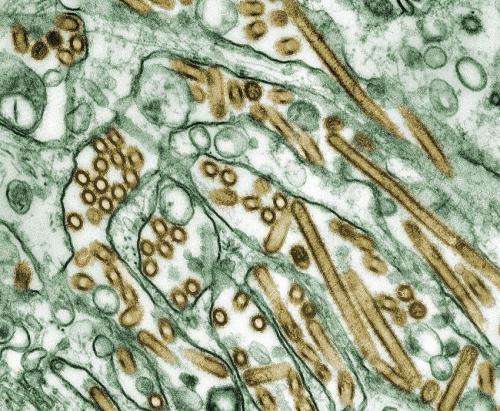Research Reveals US Self-Reported Race and Ethnicity Don't Accurately Reflect Genetic Ancestry

New research shows that self-reported race and ethnicity in the US do not accurately reflect an individual's true genetic ancestry, highlighting implications for personalized medicine.
Recent research utilizing data from the NIH's 'All of Us' Research Program indicates that self-reported race and ethnicity in the United States are unreliable proxies for an individual's actual genetic ancestry. The study analyzed the DNA of over 230,000 volunteers and employed principal component analysis to assess population structure. Findings demonstrated that Americans possess highly mixed ancestries, with their genetic backgrounds often diverging from the racial or ethnic identities they report.
Importantly, this genetic diversity varies regionally across the US, especially among individuals identifying as Hispanic or Latino, who exhibit a wide spectrum of European, Native American, and African ancestries. For instance, Hispanics in the Northeast are more likely to have Caribbean and African heritage, while those in the Southwest tend to have Mexican or Central American ancestry.
The study also uncovered significant associations between genetic ancestry and physical traits such as body mass index (BMI) and height. For example, West and Central African ancestries correlated with higher BMI, whereas East African ancestry was linked with lower BMI. Similarly, individuals with Northern European ancestry were typically taller than those with Southern European roots.
These findings emphasize the limitations of broad racial classifications in medical research and underscore the importance of understanding subcontinental ancestry differences. Recognizing this complexity is vital for advancing precision medicine and tailoring healthcare to individual genetic profiles.
Source: https://medicalxpress.com/news/2025-06-ethnicity-poor-proxies-genetic-ancestry.html
Stay Updated with Mia's Feed
Get the latest health & wellness insights delivered straight to your inbox.
Related Articles
Salmonella Outbreak Linked to Metabolic Meals Results in 16 Illnesses, CDC Reports
A Salmonella outbreak linked to Metabolic Meals has sickened 16 people across 10 states. Consumers are advised to discard affected products and seek medical attention if needed.
Identifying Caregiver Personas to Improve Dementia Medication Management
A groundbreaking study identifies three caregiver personas, enhancing understanding and support strategies for medication management in dementia care, leading to improved patient outcomes.
Adolescent Sleep Patterns as Predictors of Future Heart Health
Early and consistent sleep patterns during adolescence are linked to better cardiovascular health in young adulthood, highlighting the importance of sleep quality and timing for lifelong heart health.



